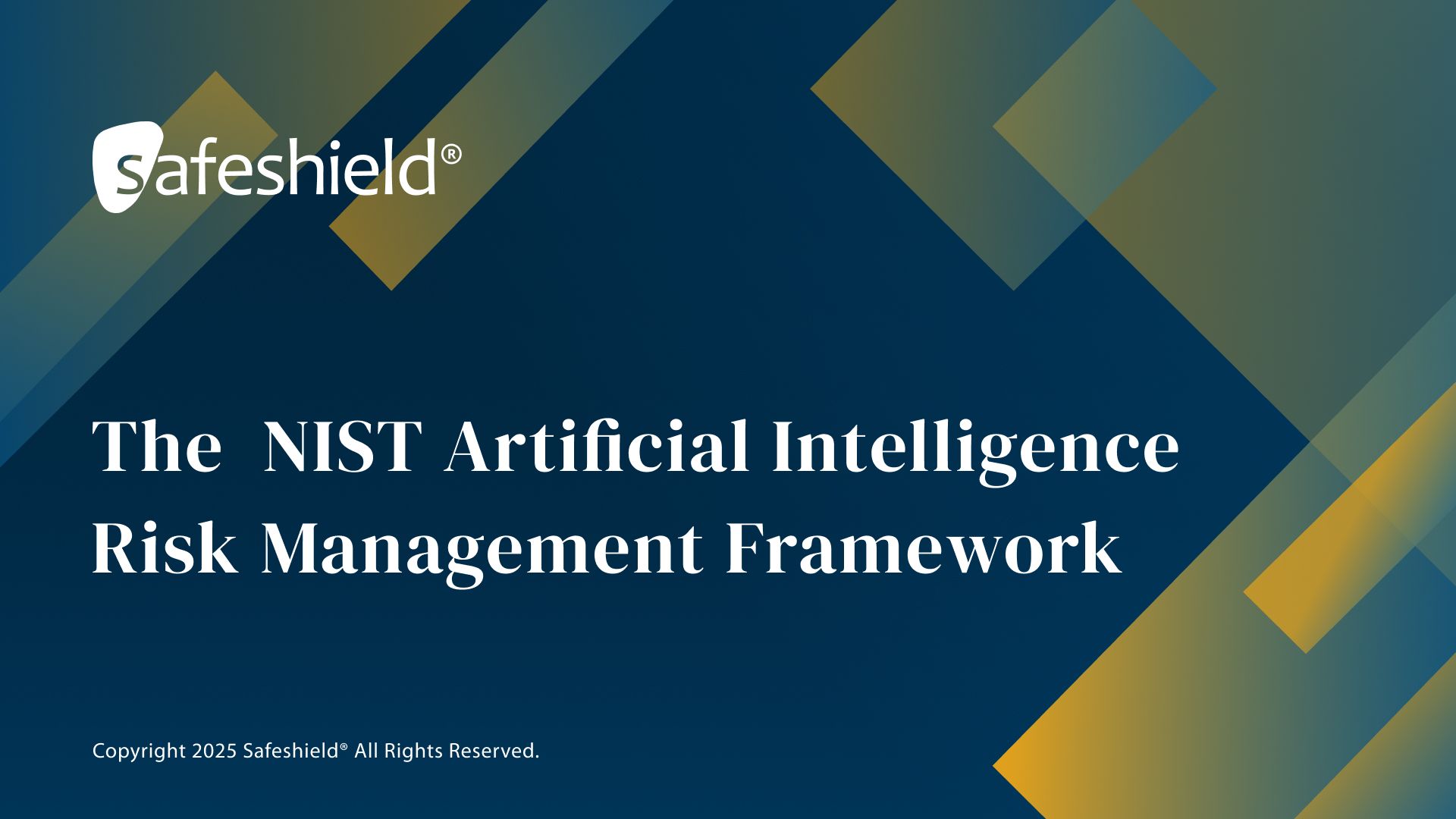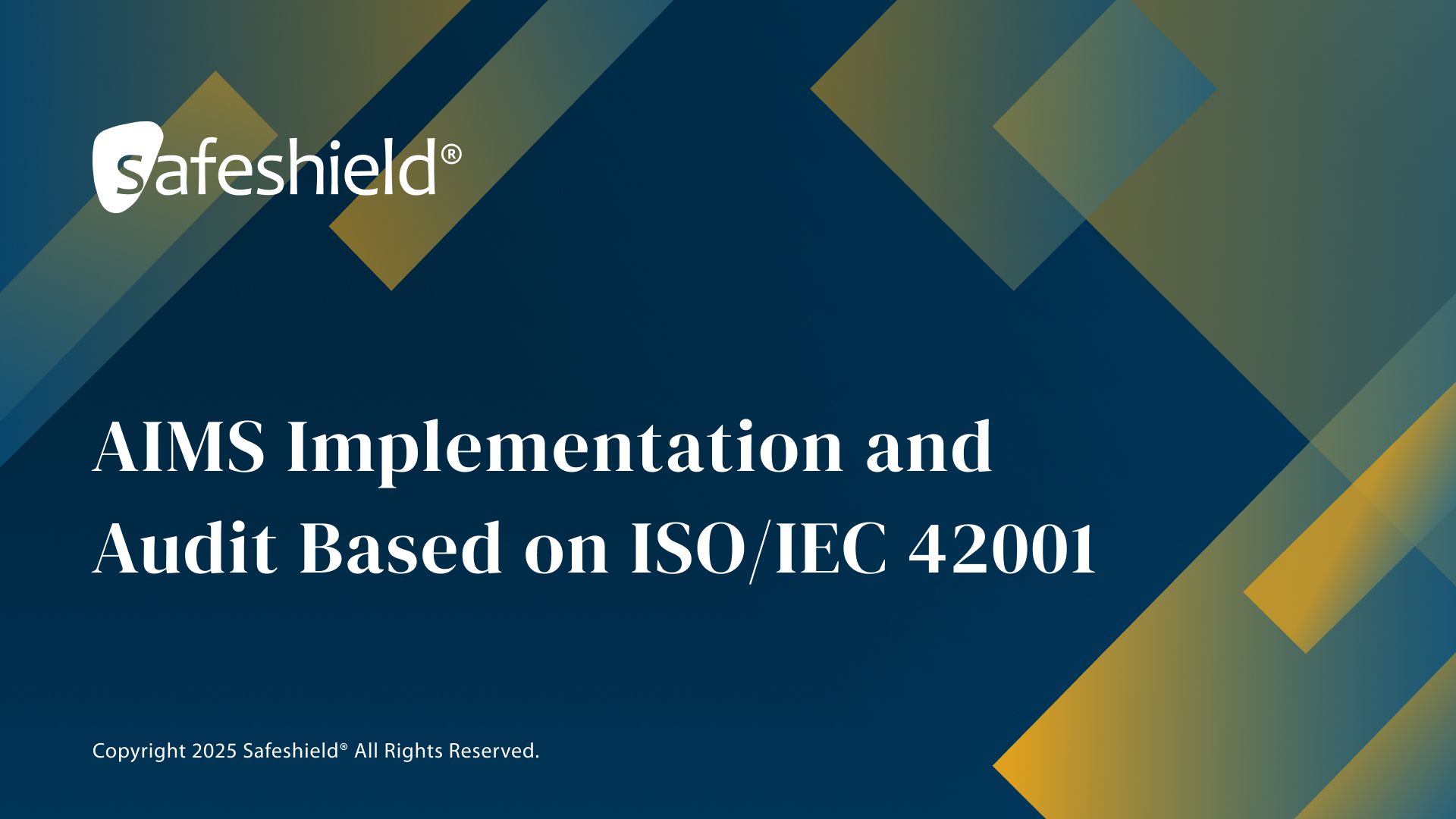The power of soft skills in cybersecurity
September 24, 2024
We can't deny that technical expertise is invaluable to those in cybersecurity. However, we must not underestimate the importance of soft skills. As cyber threats become more sophisticated, cybersecurity professionals must possess a diverse set of soft skills to effectively navigate challenges, communicate with stakeholders, and work with others.
In this blog, we'll cover some of the most important soft skills to master for those working in cybersecurity.
Strategic problem-solving
What attracts many to cybersecurity over other fields of IT is that no two days are the same. Professionals constantly face new and evolving challenges that push them to think on their feet. Often, overcoming these challenges requires more than technical skill alone. The ability to use critical thinking skills to analyze complex situations, identify key issues, and develop effective solutions is paramount.
Cybersecurity threats are often intricate and multifaceted, requiring professionals to think strategically and anticipate potential vulnerabilities. A solid foundation in problem-solving not only helps mitigate immediate threats, but also contributes to long-term security planning and resilience.
Effective communication
Cyber professionals regularly communicate with a wide range of individuals across an organization, including executives, department heads, and staff members who may not have a technical background. In this context, technical jargon or overly complex explanations can lead to misunderstandings, complacency, or even resistance to security protocols. Being able to convey complex and technical information in a way that resonates with non-technical individuals is essential.
The ability to communicate effectively not only helps in engaging with people outside the cybersecurity field, but also plays a vital role in incident response and crisis management. Being able to relay information quickly and effectively between different members of a team, or even between different departments within an organization, will make the difference between a quick resolution or a prolonged crisis.
Crisis management
No matter how effectively you plan or prepare, especially when discussing cybersecurity, crises are inevitable. What makes the best cyber professionals stand out is their ability to remain calm and composed in high-pressure situations. Crisis management involves providing reassurance and guidance to stakeholders, maintaining clear communication, and implementing effective solutions swiftly.
Cybersecurity professionals who excel in crisis management can turn potential disasters into opportunities for learning and improvement, thereby improving their organization's security response to future crises.
Teamwork and partnership
Successful cybersecurity operations depend on teamwork and collaboration. Working in such a diverse field means you'll sometimes rely on others to achieve your shared goal. With this in mind, the ability to build and nurture strong working relationships with both clients and colleagues is paramount — cybersecurity depends on the input and cooperation of multiple departments and individuals. Those who excel in teamwork and partnership can access a range of perspectives and skill sets, leading to a more comprehensive and effective security strategy.
Flexibility and resilience
New cyber threats and technologies emerge regularly. The ability to respond to these new issues can often define a cyber professional's career. Being able to repeatedly adapt quickly and effectively to these new threats is crucial to the success of a security operation. Cyber professionals must adopt new tools and methodologies while still adhering to strict security standards. They must also quickly bounce back from any setbacks they may face. Learning from their mistakes and using those experiences to strengthen future defenses is a must for successful cyber professionals.
Continuous professional development
A passion for continuous professional development is essential in staying up to date with the latest in cybersecurity. Professionals need to be constantly on the lookout for new technologies and best practices. A commitment to continuous learning is important for remaining effective and guarding against increasingly sophisticated cyber threats. Professionals should pursue certifications, attend workshops, and engage in self-directed study.
Continuous learning ensures that cybersecurity professionals are equipped with the latest knowledge and skills to tackle emerging threats.
Meticulous approach
Attention to detail is a defining element of effective cybersecurity practice. A meticulous approach allows professionals to identify potential vulnerabilities and mitigate risks before they can be exploited. Thorough analysis and careful implementation of security measures ensure that no detail is overlooked. By maintaining a meticulous approach, cybersecurity professionals can significantly enhance the security posture of their organizations.
Industry engagement
Staying informed about the latest trends, news, and reports is crucial for cybersecurity professionals. Active participation in cybersecurity communities and forums provides valuable insights and fosters a sense of community among professionals. Engaging with the industry outside their organization allows individuals to share knowledge, discuss challenges, and collaborate on solutions, ultimately contributing to the advancement of the field.

Final thoughts
While technical skills are foundational in cybersecurity, we cannot ignore the power of soft skills. By honing these non-technical skills, cybersecurity professionals can push beyond what they can currently achieve, ensuring that they are not only technically proficient but also capable of leading and working with others effectively. As the cybersecurity landscape continues to evolve, the integration of these new skills will be key to protecting our digital future from increasingly dangerous cyber threats.
Share this article





